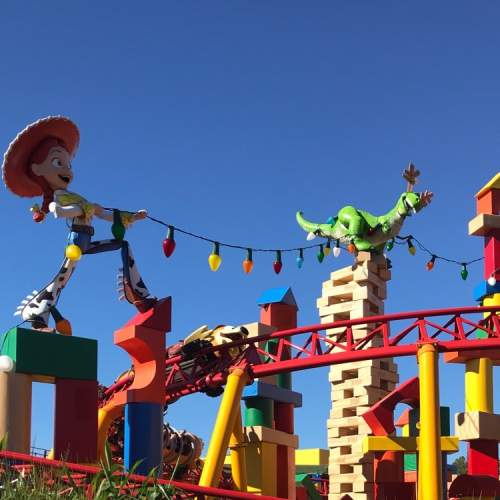
English, 04.02.2020 22:51 GreenHerbz206
What conclusion about the poetís historical period can you draw from these lines? lo, all our pomp of yesterday / is one with nineveh and tyre!
a. the speaker feels britain's greatness is similar to that of ancient cities.
b. the speaker feels that the greatness of britain will be everlasting, like that of nineveh and tyre.
c. the speaker believes that great cities or nations all hold the same attitudes toward power and success, which contribute to their greatness.
d. the speaker believes the greatness of britain could disappear, just as did that of nineveh and tyre.

Answers: 1


Other questions on the subject: English

English, 21.06.2019 16:00, aliyahgregory
The brother of a presidential candidate writes an editorial in which he defends this candidate against charges of corruption. in such a circumstance, it is most appropriate for the reader to a) suspect that the candidate may have been framed. b) consider whether the candidate has the best family or not. c) wonder if the writer may be biased, due to his family connection. d) wonder if the writer may be inaccurate, due to wanting to get people to read his column. \
Answers: 1

English, 21.06.2019 21:30, joe1591
Which excerpt is told from third-person point of view? o a. i walked slowly along the canal and said aloud to myself, "emma, what are you doing here? " b. you walked slowly along the canal and said aloud to yourself, "i have no idea what i'm doing here. c. emma walked sidly along the canal and said aloud to herself. "i don't have a clue what i'm doing here." d. walking slowly along the canal. i said aloud to myself, "emma, you have no idea what you're doing here.
Answers: 2

English, 22.06.2019 01:00, smokey13
Pls excerpted from "hope is the thing with feathers" by emily dickinson [2] and sweetest—in the gale—is heard— and sore must be the storm— that could abash the little bird that kept so many warm— [3] i've heard it in the chillest land— and on the strangest sea— yet, never, in extremity, it asked a crumb—of me. in the last stanza, the author writes that the little bird “never … asked a crumb of me.” which type of figurative language is evident in these lines? a. onomatopoeia b. alliteration c. assonance d. personification
Answers: 2

English, 22.06.2019 03:00, rniadsharri16
What does the morality play everyman say about fate and free will? develop a short response using examples from the text to support your answer.
Answers: 1
You know the right answer?
What conclusion about the poetís historical period can you draw from these lines? lo, all our pomp...
Questions in other subjects:


Mathematics, 06.10.2019 17:30

Social Studies, 06.10.2019 17:30



English, 06.10.2019 17:30



Mathematics, 06.10.2019 17:30




